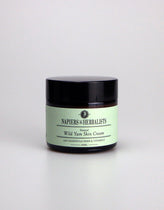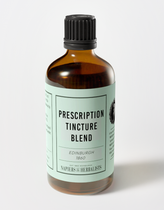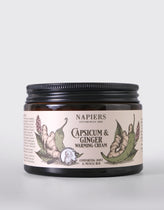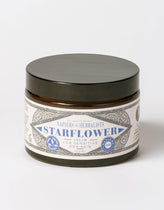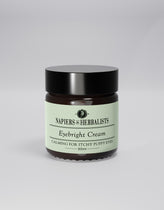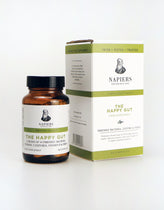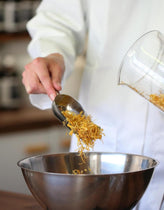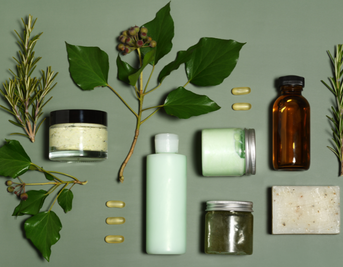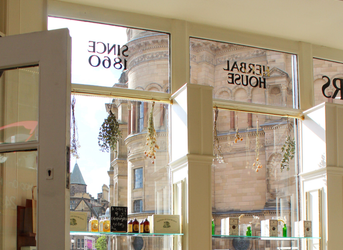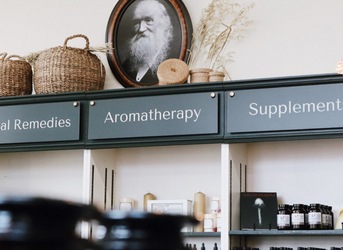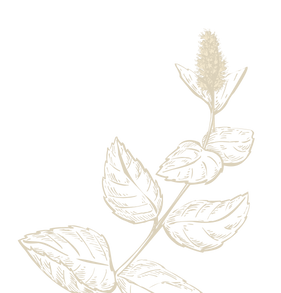Sophrology Practitioner - Mind & Body Therapy Trainee in CBT - Cognitive Behavioural TherapyCOSCA (Counselling & Psychotherapy in Scotland) Cybele is a passionate Sophrologist and founder of Chamapola, Healing Yourself - Healing Together....
Keep Reading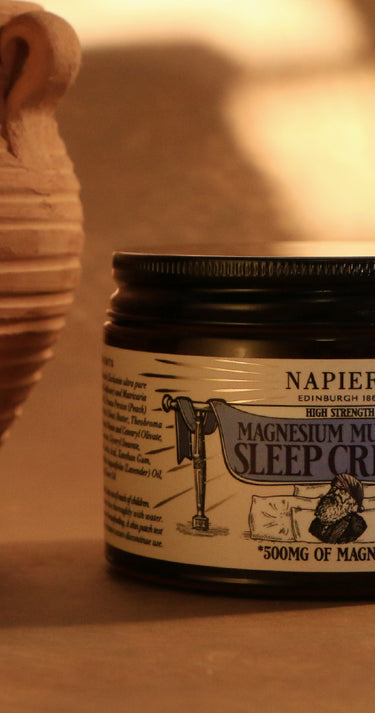
Herbal Wellness, Skincare & Remedies
Shop Bestsellers
Shop Bestsellers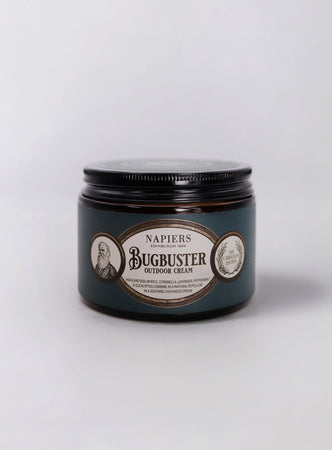
Introducing Bugbuster: The Carolean Edition, to celebrate His Majesty’s coronation Napiers has created a limited edit...
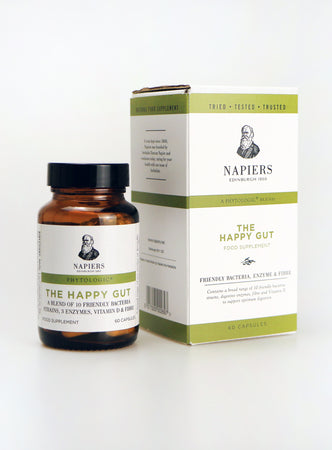
A complete blend of friendly bacteria, vitamin D, digestive enzymes & prebiotic fibres
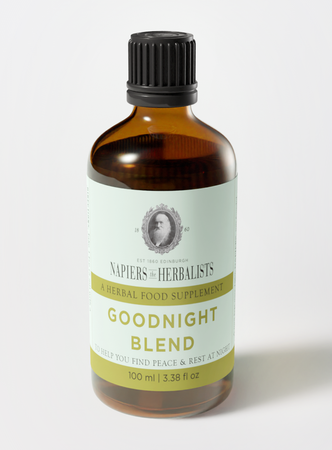
Napiers Goodnight Blend
A herbal food supplement designed to help deal with the stresses of daily life and encourage sleep when taken as dire...
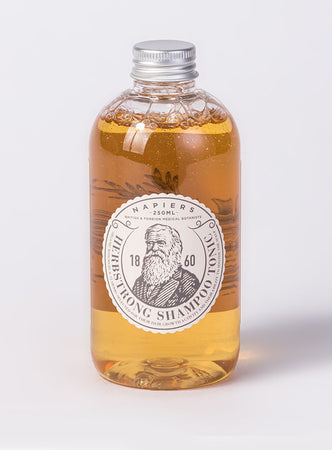
Based on the original 1860 formula for Napiers Rosemary Hair Tonic.
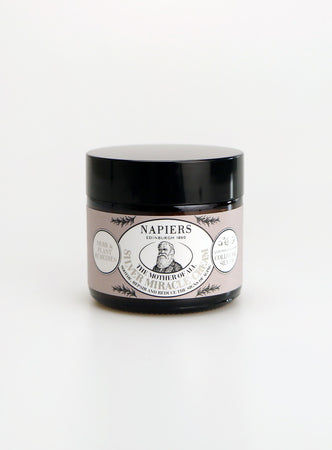
Napiers Mother of all Silver Miracles cream is a skin barrier soothing repair cream to help reduce the appearance of ...
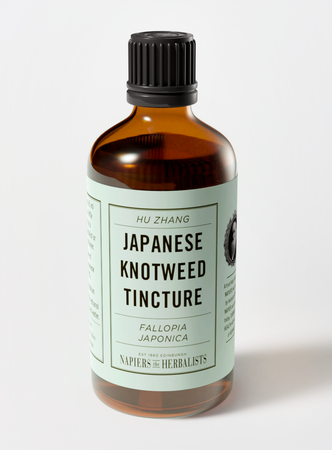
A herbal food supplement BOTANICAL NAME Fallopia japonica / Reynoutria japonica / Polygonum cuspidatum COMMON NAMES J...
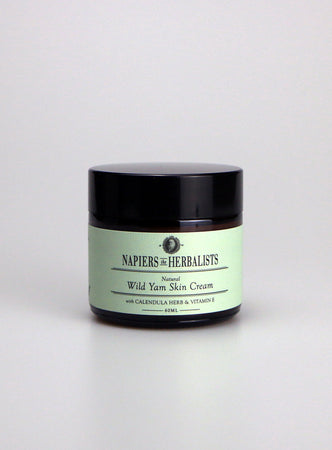
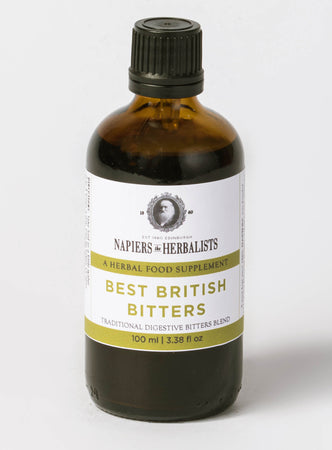
Napiers Best British Bitters
Have you been overindulging and feeling under par? Do you need something to perk you up again? Best British Bitters i...
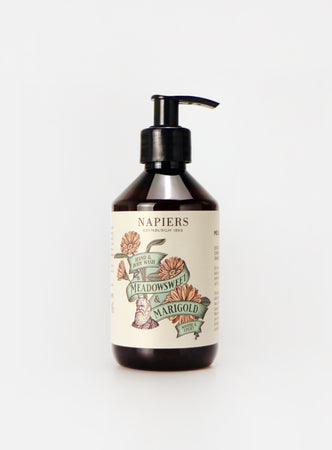
Extracts of Meadowsweet & Marigold (Calendula) combined with soothing wheatgerm oil & sweet orange essential ...
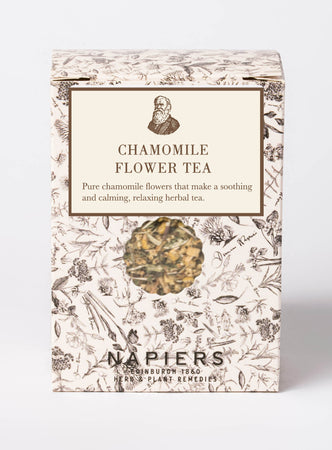
Napiers Chamomile Flower Tea
A delicate tea made from chamomile flowers. Chamomile has been used for centuries to soothe and calm. Its delicate, ...
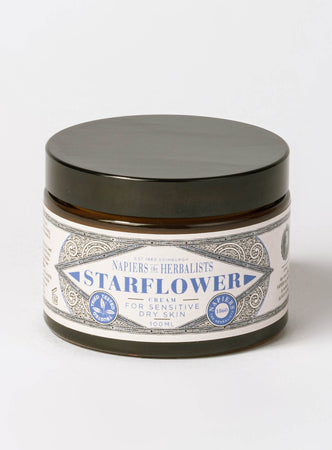
Quick moisturising relief from dry, irritated, itchy skin Moisturises and soothes dry, itchy skin Cools and calms ho...
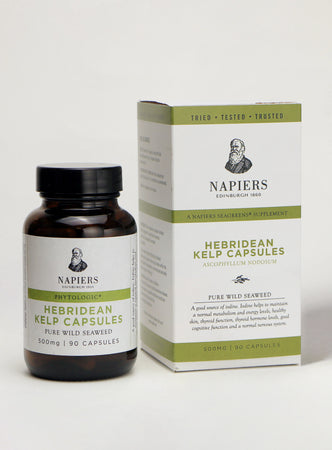
Full of natural vitamins, minerals & essential micronutrients.
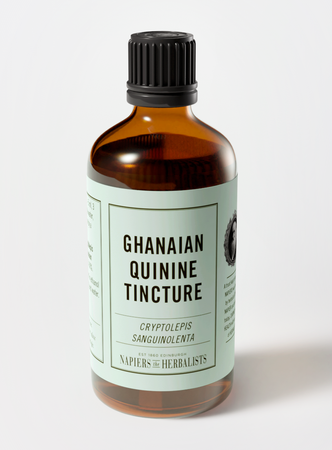
A herbal preparation made from the West African Cryptolepis sanguinolenta plant
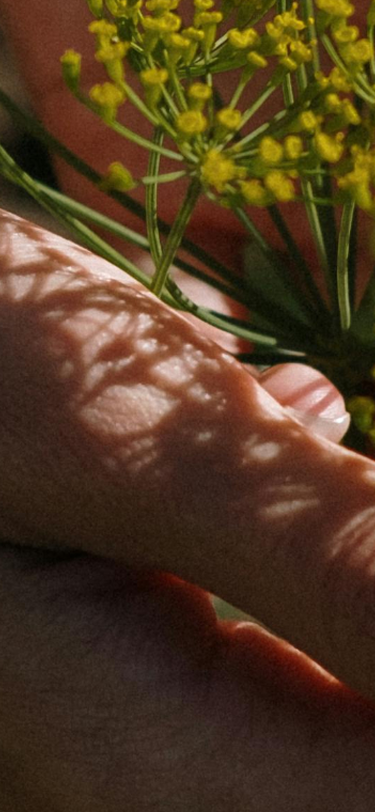
Meticulously crafted & carefully sourced from the finest botanicals and extracts from across the globe.
TRIED • TESTED • TRUSTED.
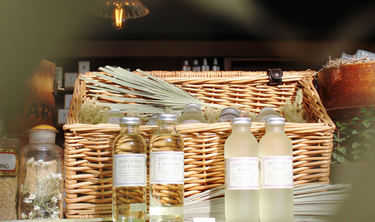
Gifts & Sets
Ideal for both special occasions & self-indulgence. From luxurious creams & serums to hydrating oils and essences.
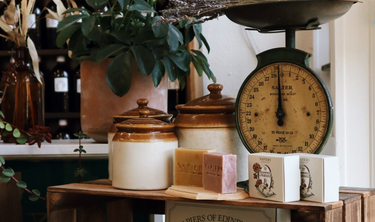
Skin & Beauty
Discover our all-natural botanical skincare products. Formulated using only the purest plant extracts & ingredients.
Shop by Concern
Explore our carefully curated collection of natural products, skincare & supplements. We stock only tried, tested and trusted brands.
Shop allSupport regular sleep, manage stress & promote a balanced mood.
Shop Sleep, Stress & MoodSupport your menopause with natural creams, herbs & supplements.
Shop Menopause Support






Celebrating 164 Years of Our Edinburgh Heritage
Over the last 164 years, Napiers has become one of the UK's leading names in complementary & natural health care. We are dedicated to the best of health & wellbeing through the use of herbal medicine & other natural therapies.
Latest Articles

We all know the importance of a good night's sleep. It's essential for our overall health and well-being. However, sometimes, despite our best efforts, sleep can be elusive. If you've been struggling with sleep issues, you may be surprised to lear...

Sleep regression can be a challenging phase for both babies and parents. It's a period when your baby's sleep patterns may be temporarily disrupted, causing more frequent night waking and fussiness. But don't worry; we're here to help you navigate...
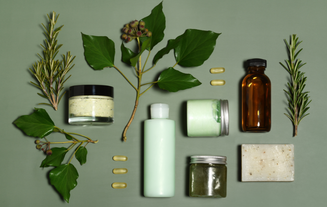
Magnesium is a vital mineral that plays a crucial role in numerous physiological processes in the body. It is involved in over 300 enzymatic reactions and is essential for maintaining good health. In this article, we will explore the best methods ...
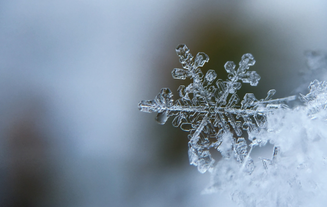
Our immune system is akin to a shield, tirelessly defending our body against infections, bacteria, and viruses. The colder months bring about an increase in illnesses like the flu and colds.
